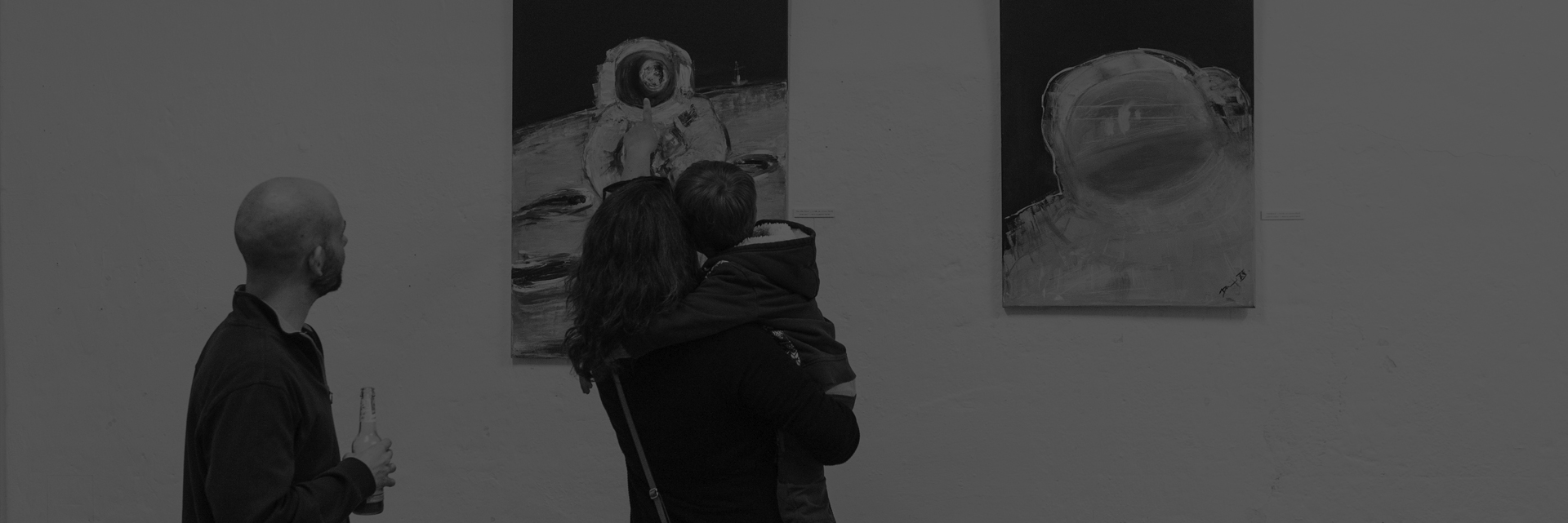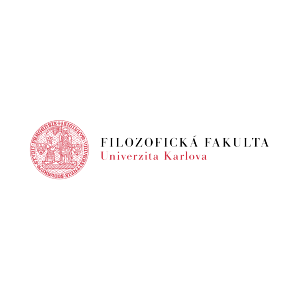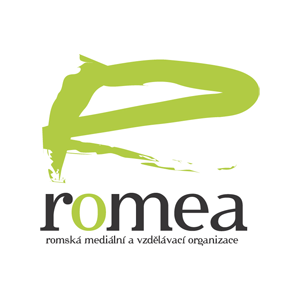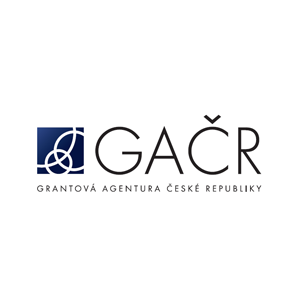Romani History Seminar, November Session
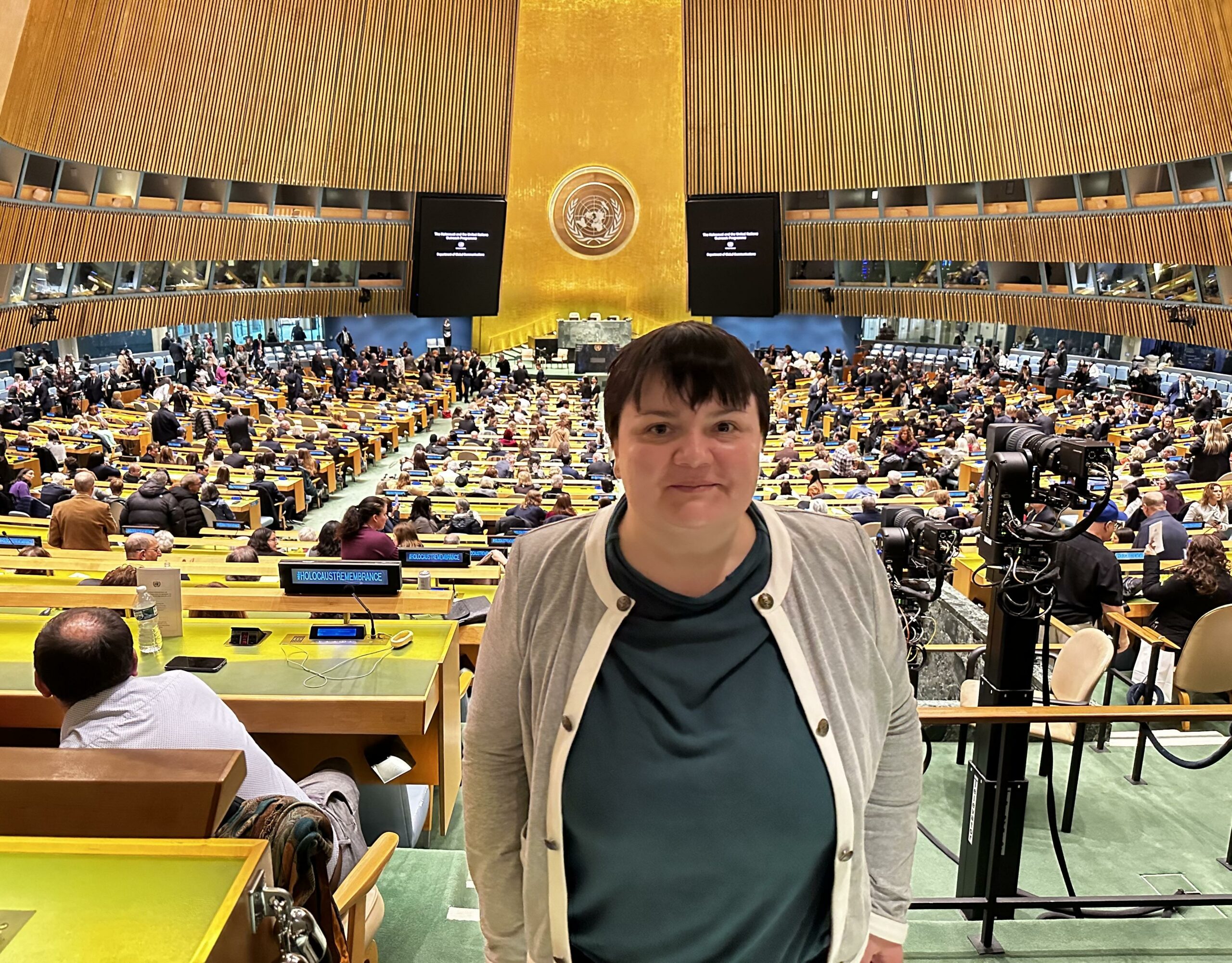
On Thursday, 14 November at 6:00 PM CET, we will discuss Tatiana Sirbu’s draft article „Officials and Nomads on the border of the Russian Empire. The ‚Bessarabian Border Office of Gypsies belonging to the crown‘ in the first decades of the 19th century.“
Cristina Teodora Stoica will be our invited discussant.
Please register here: https://cesnet.zoom.us/
Tatiana Sirbu’s text will be sent to registered participants one week before the meeting – 8 November. If you register later, we cannot guarantee timely dispatch.
Abstract
In 1812, by annexing the Eastern part of the Principality of Moldova, the Russian Empire expanded to the territory between the Prut river and the Dniester river called Bessarabia. This not only changed the border of the Empire but also the social and administrative structure of this new region. The challenges of establishing a new “loyal” administration were complex in a context where the central administrative institutions of the Empire were also in full transformation. The role of this new regional administration, directly subordinate to the central administration, was to control and secure the new border of the Empire.
To secure this new border, several measures were taken from the first years, especially towards social groups considered susceptible to marginalization and who were seen as a threat to the security of this new border of the Empire. For the imperial administration, the most prominent populations were the “Nomads Gypsies” called “Gypsies belonging to the crown”. A census of the “Gypsies belonging to the crown” was undertaken in 1813, followed by the creation in 1815 of the “Bessarabian Border Office of the Gypsies belonging to the crown”, based in Chișinău and supposed to administer this population considered nomadic and marginal.
In this presentation, based on archives that have never been or hardly ever used, we focus mainly on the last decade of operation of the Office, 1829-1839, a period during which the Tsarist authorities strove to reduce the nomadism of the “Gypsies belonging to the crown” by installing them on State land. The main purpose is to understand and to analyze how the officials of this “Office” on the border of the Russian Empire dealt with the populations that they administrated and how Roma interacted and responded to these officials.
Tatiana Sîrbu is a historian and scientific collaborator at the Laboratory for a prospective Anthropology (LAAP) in the Institute for the Analysis of Change in Contemporary and Historical Societies (IACCHOS) of the University of Louvain. She holds a PhD in History, art and archeology from the Université Libre de Bruxelles. Her main research preoccupations are in Romani studies with a focus on social and administrative history in the Tsarist Empire and the Soviet Union.
Contact: tatiana.sirbu@
Cristina Teodora Stoica received her Ph.D. from Western University in 2024. This past summer, she was a fellow at the United States Holocaust Memorial Museum (USHMM) and in 2023 she participated in the Curt C. and Else Silberman Faculty Seminar: Interdisciplinary Approaches to Teaching about Holocaust Violence (USHMM). Her dissertation examines the driving forces of antiziganism/ antigypsism/ antițiganism in Romania and the means to which they violently manifested in the state from the unification of the principalities of Wallachia and Moldova in 1859 to the end of the Second World War in 1945. Cristina’s most recent peer received publication, “Objections to Deportations: Non-violent and clandestine protests to Roma deportations to Transnistria” provides a micro analysis of Romani agency in protesting the Romanian state-sponsored deportations to Transnistria.
Contact: cstoica2@uwo.ca
Please note that papers presented at the seminar have not been published yet. As a participant of the Romani History Seminar, you agree to respect the intellectual property of the author, i. e. to not reproduce, distribute, display or use their paper, sections of their paper, or their primary sources in any way.
Romani History Seminar hosts online discussions of unpublished texts, such as dissertation chapters, draft papers, and book chapters. Our goal is to bring together specialists in Romani history and scholars from related fields to provide collective feedback on ongoing historiographical work. If you would like to submit your paper to the Romani History Seminar, please contact one of the organizers below.
Renata Berkyová (berkyova@usd.cas.cz)
Vita Zalar (vita.zalar@eui.eu)





